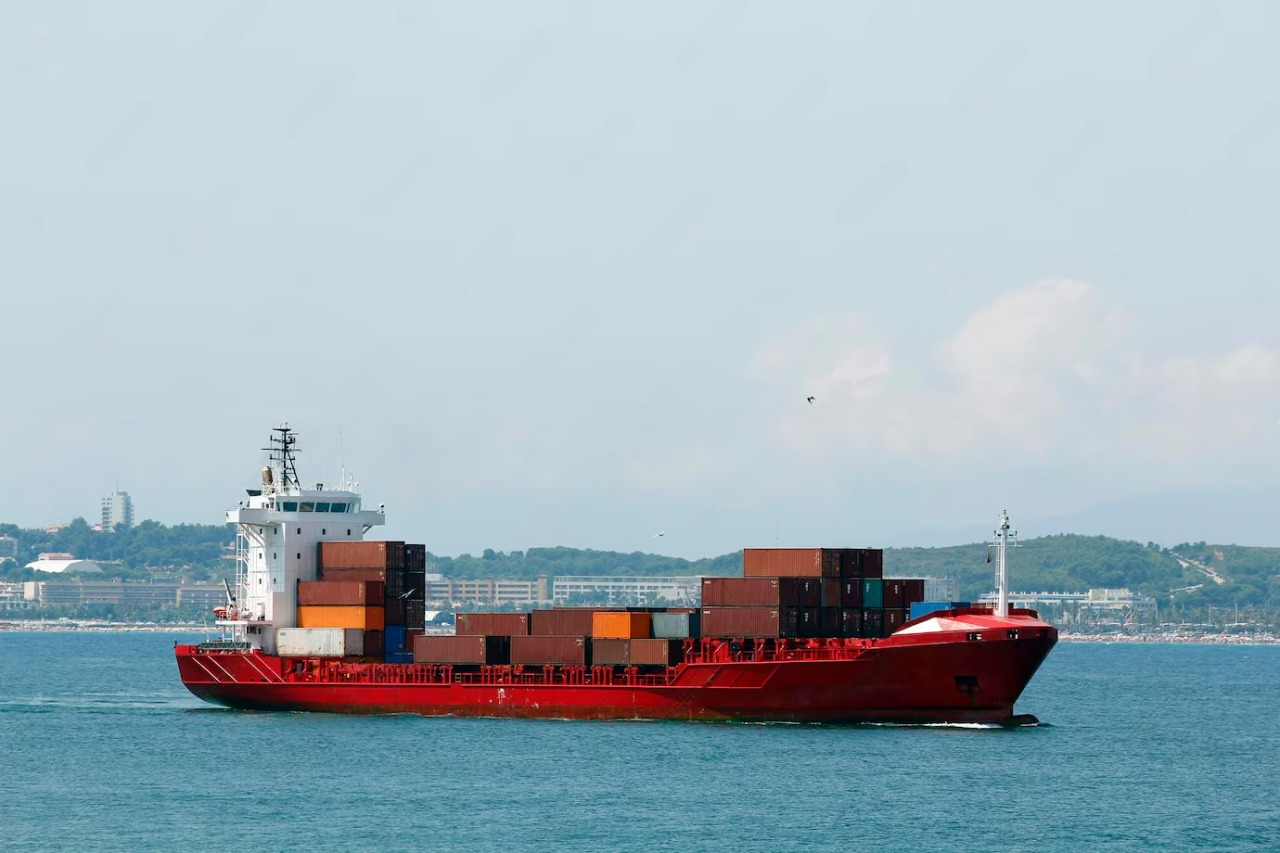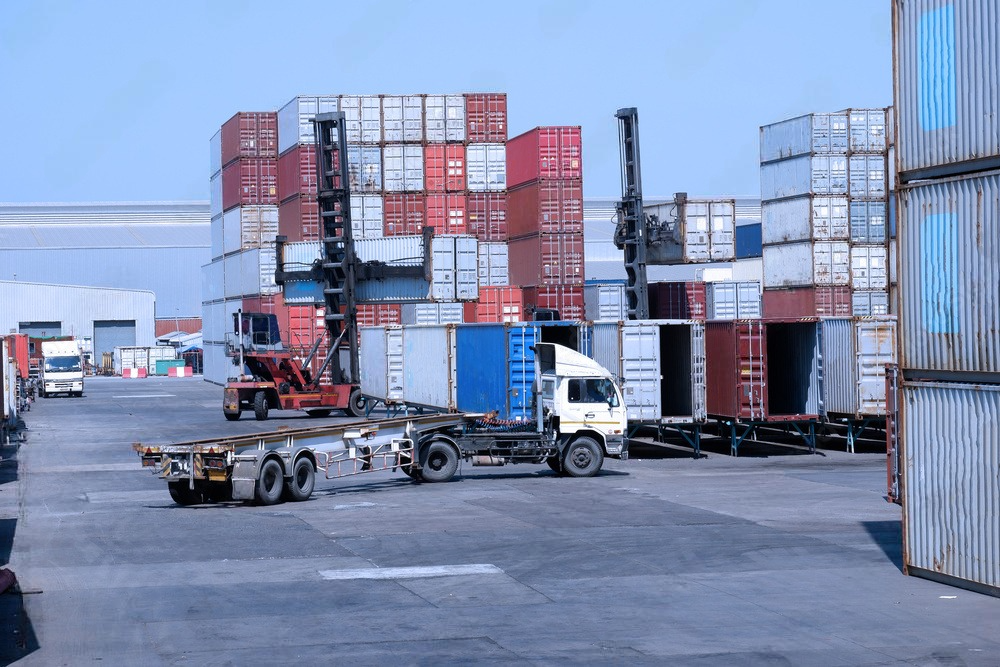Be your Logistics Department in China
Customized logistics solutions, your logistics expert in China
Customized logistics solutions, Shipping from China to the World
Tel:+8613424475220 Email:info@viputrans.com 
LCL, or Less-than-container Load, is a term used in the shipping industry to refer to container loads that are not completely filled by a single order or shipment. Instead, multiple orders or goods are combined to fill the container, making it more economical to ship smaller volumes of stock by container ship. This method allows businesses to save on shipping costs by sharing container space with other orders.
The dimensions for various shipping containers are as follows:
8ft shipping container: 8ft (2.43m) length x 7ft (2.20m) width x 7ft 6in (2.27m) height
10ft shipping container: 9ft 10in (2.99 m) length x 8ft (2.44m) width x 8ft 6in (2.59m) height
20ft shipping container: 20ft (6.06m) length x 8ft (2.44m) width x 8ft 6in (2.6m) height - 40ft shipping container: 40ft (12.2m) length x 8ft (2.44m) width x 8ft 6in (2.6m) height.

LCL shipping is the best option for you in the following cases:
1. When you have smaller shipments that do not require a full container.
When you have smaller shipments that do not require a full container, you can use a service called Less than Container Load (LCL). LCL allows you to share space in a container with other shippers, which can be more cost-effective for smaller shipments. This option is often used for international shipping and can be arranged through a freight forwarder or shipping company. Keep in mind that LCL shipments may take longer to reach their destination compared to full container shipments, as there may be additional stops to drop off and pick up other cargo along the way.
2. When you want to save money on shipping costs by only paying for the space your goods occupy within a container.
You can save money on shipping costs by utilizing a method called "less than container load" (LCL). This allows you to only pay for the space your goods occupy within a shipping container, rather than paying for the entire container. This can be a cost-effective option for smaller shipments or when you don't have enough goods to fill an entire container. By utilizing LCL shipping, you can save money and still get your goods to their destination efficiently.
3. When you are shipping to multiple destinations and want to consolidate your shipments to save time and money.
When you are shipping to multiple destinations and want to consolidate your shipments to save time and money, you can consider using a freight consolidation service. Freight consolidation involves combining multiple smaller shipments into one larger shipment, which can help reduce costs and streamline the shipping process. This can be especially beneficial for businesses that regularly ship to multiple locations. By consolidating your shipments, you can take advantage of economies of scale and potentially negotiate better rates with carriers. Additionally, consolidating your shipments can help reduce the risk of lost or delayed packages, as there are fewer individual shipments to track and manage. Overall, freight consolidation can be a cost-effective and efficient solution for businesses with complex shipping needs.
4. When you have time-sensitive shipments and want to take advantage of frequent LCL shipping schedules.
When you have time-sensitive shipments and want to take advantage of frequent LCL (Less than Container Load) shipping schedules, it's important to work with a reliable and efficient freight forwarder. LCL shipping allows you to ship smaller quantities of cargo more frequently, which can be beneficial for time-sensitive shipments. By leveraging frequent LCL shipping schedules, you can ensure that your goods are transported in a timely manner while also minimizing costs. It's important to communicate your specific requirements and deadlines to your freight forwarder so they can help you utilize the best LCL shipping options for your needs.
5. When you want the flexibility to ship smaller quantities of goods on a regular basis without the need for a full container.
LCL shipping, or less than container load shipping, is the ideal solution for businesses that need the flexibility to ship smaller quantities of goods on a regular basis without the need for a full container. With LCL shipping, your cargo is consolidated with other shipments to fill a container, allowing you to pay only for the space your goods take up. This can save you money and provide greater flexibility in your shipping operations.
Air freight can be a viable option for urgent, low-volume deliveries. However, it's important to note that it may come with a higher cost, particularly for shipments larger than 1 cbm. This is because destination charges for less than container load (LCL) shipments can make the total freight charges higher compared to air freight. It's important to carefully consider the size and urgency of your delivery when deciding on the best shipping method.

LCL, or less than container load, has several benefits for shippers. It allows for smaller shipments to be consolidated with other freight, reducing costs and minimizing the environmental impact of shipping. LCL also provides greater flexibility in shipping schedules and can be a more cost-effective option for smaller businesses or those with lower shipping volumes. Additionally, LCL can offer better access to global markets and help to streamline supply chain management. Overall, utilizing LCL can offer significant advantages for shippers looking to optimize their shipping processes.
Good for shipping small loads
If you're looking to ship small loads, there are a few options you may want to consider. LTL (Less Than Truckload) shipping is a cost-effective solution for shipping smaller loads that don't require a full truck. This can be a great option for small businesses or individuals who need to transport items that won't fill an entire truck. Additionally, parcel shipping services offered by major carriers can also be a convenient and reliable option for shipping small loads. These services are often easy to use and offer tracking and delivery confirmation. It's important to compare rates and services to find the best option for your specific shipping needs.
There are several disadvantages to using LCL (Less than Container Load) shipping. First, it can be more expensive than FCL (Full Container Load) shipping, as you are paying for the space your goods take up in a shared container rather than the entire container. Additionally, LCL shipments are more susceptible to damage and loss, as they are handled and transferred more frequently than FCL shipments. There can also be longer transit times for LCL shipments, as they may need to wait for the container to fill up before being shipped. Finally, LCL shipments can involve more paperwork and customs clearance processes, adding to the overall complexity of the shipping process.
Lower sourcing risk
One way to lower sourcing risk is to diversify your supplier base. By working with multiple suppliers, you can spread out your risk and avoid being too dependent on one source. This also gives you more leverage in negotiations and can help ensure a more stable supply chain. Additionally, thoroughly vetting and researching potential suppliers before entering into agreements can help mitigate risk and ensure you are working with reliable partners.
Shorter delivery time
Shorter delivery time means that your order will be fulfilled and delivered to you in a shorter amount of time, allowing you to receive your items more quickly. This can be beneficial for customers who need their purchases urgently or who prioritize fast shipping.
Less inventory management
Less inventory management refers to the practice of reducing the amount of time and resources spent on tracking and organizing inventory. This can involve streamlining processes, implementing more efficient inventory management systems, and reducing the overall amount of inventory on hand. By doing so, businesses can save time and money, improve customer service, and optimize their supply chain operations.
Copyright © 2003-2025 VIPU Supply Chain Logistics Co., Ltd. | All Rights Reserved
LOGISTICS | E-COMMERCIAL FULFILLMENT | ABOUT US | CASE | NEWS | VIDEO | CONTACT US
We will find the fastest or the cheapest way for your shipment. Please specify: where from, where to, what to ship.